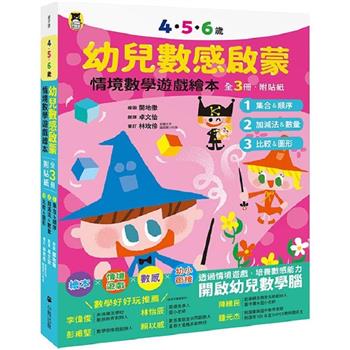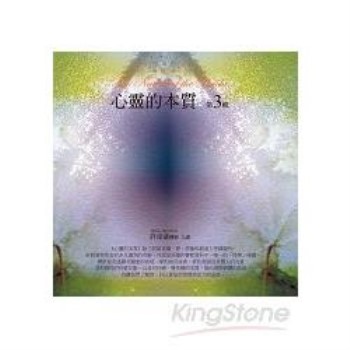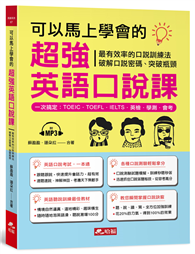The Nazi Study of India and Indian Anti-Colonialism is the first detailed and critical study of the intellectual and political connections that existed between some German scholars specializing on India, non-academic ’India experts, ’ Indian anti-colonialists and various organs of the Nazi state. It explores the ways in which different knowledge discourses pertaining to India, particularly its colonization and the anti-colonial movement, were used by these individuals for a number of German organisations to fulfil the demands of Nazi politics. This monograph also inspects the links between the knowledge providers and embodiments of National Socialist politics like the Nazi party and its affiliates. In this study, Baijayanti Roy aims to ascertain whether such political engagements were actually more rewarding for the scholars than their ’practical services’ to the state in the form of strategic deployment of their knowledge of India.
The Nazi Study of India and Indian Anti-Colonialism offers case studies of four organisations which incorporated such complicated entanglements of knowledge and power: the India Institute of the Deutsche Akademie in Munich, the Special Department India of the German Foreign Ministry, the Seminar for Oriental languages and its successor institutions at the University of Berlin, and the Indian Legion of the German Army. The knowledge networks underlying these organisations were dominated by German Indologists, but non-specialist knowledge providers, both German and Indian were also included. The Nazi regime expected all scholars and intellectuals to engage in Kulturpolitik (cultural politics), which entailed propagating the glories of the ’Reich’ and its supreme leader as well as collecting ’politically valuable’ knowledge within and outside Germany. For the four organizations concerned, this meant conducting pro-German and from around 1938, anti-British propaganda aimed at Indians. Loosely following an analogy provided by Herbert Mehrtens in the context of natural sciences, this monograph posits that there were ’patterns of collaboration’ between the knowledge providers and the representatives of the Nazi regime. At the core of these ’patterns’ was, to borrow Mitchell Ash s theory, an exchange of resources and capital in which scholars and experts offered their knowledge of Indian languages, history and culture to authorities like the Foreign Ministry, the SS and the Army. In return, they received increased professional opportunities, financial remuneration or in some cases, increased power and influence.| FindBook |
有 1 項符合
The Nazi Study of India and Indian Anti-Colonialism: Knowledge Providers and Propagandists in the ’Third Reich’的圖書 |
 |
The Nazi Study of India and Indian Anti-Colonialism: Knowledge Providers and Propagandists in the ’Third Reich’ 作者:Roy 出版社:Oxford University Press 出版日期:2025-01-10 語言:英文 規格:精裝 / 240頁 / 普通級/ 初版 |
| 圖書館借閱 |
| 國家圖書館 | 全國圖書書目資訊網 | 國立公共資訊圖書館 | 電子書服務平台 | MetaCat 跨館整合查詢 |
| 臺北市立圖書館 | 新北市立圖書館 | 基隆市公共圖書館 | 桃園市立圖書館 | 新竹縣公共圖書館 |
| 苗栗縣立圖書館 | 臺中市立圖書館 | 彰化縣公共圖書館 | 南投縣文化局 | 雲林縣公共圖書館 |
| 嘉義縣圖書館 | 臺南市立圖書館 | 高雄市立圖書館 | 屏東縣公共圖書館 | 宜蘭縣公共圖書館 |
| 花蓮縣文化局 | 臺東縣文化處 |
|
|
圖書介紹 - 資料來源:博客來 評分:
圖書名稱:The Nazi Study of India and Indian Anti-Colonialism: Knowledge Providers and Propagandists in the ’Third Reich’
內容簡介
作者簡介
Baijayanti Roy, Goethe University, Frankfurt am Main
Dr Baijayanti Roy studied modern Indian and modern European history at the University of Calcutta in India. She received her PhD from the Goethe University, Frankfurt. Her dissertation has been published as a monograph, titled The making of a Gentleman Nazi: Albert Speer`s Politics of History in the Federal Republic of Germany. She is currently affiliated to the History Department of the Goethe University. She has published widely and spoken on different subjects including Nazi Germany, Hindu nationalism, the history of German Indology as well as aspects of the historical relationship between Germany and India.
|










